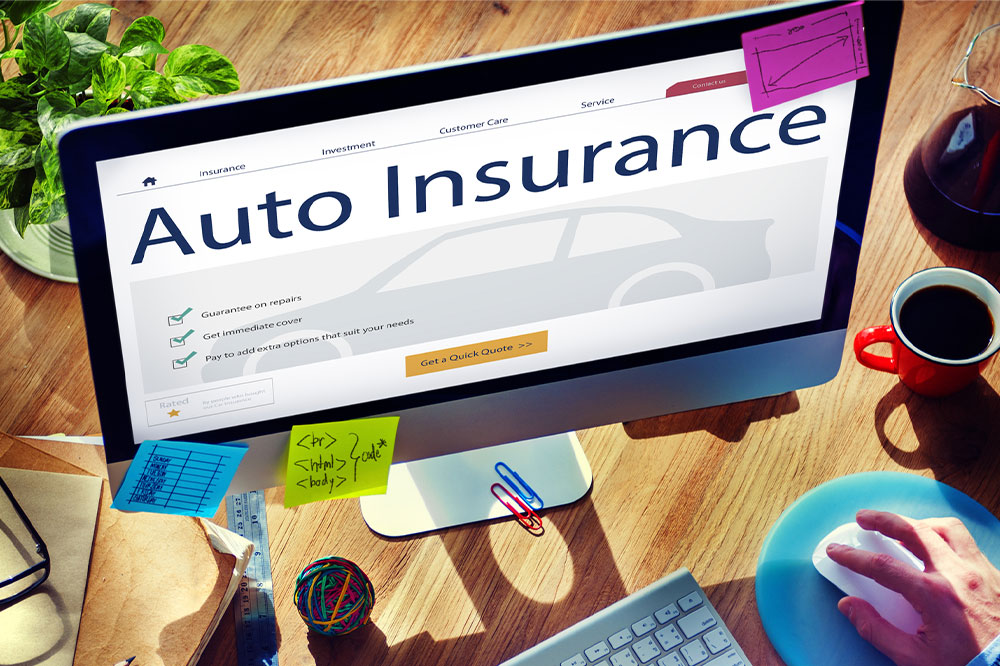7 mistakes to avoid when buying auto insurance

Getting the right auto insurance is as important as finding the right car. But there are many pitfalls when buying auto insurance that can prevent you from getting the best coverage and cost you hundreds of dollars a year. To avoid getting stuck with paying high insurance bills over the years, here at the mistakes below and be sure to avoid these when buying auto insurance.
Buying the minimum liability coverage
Although every state has its minimum coverage requirements, this does not include the full cost of a crash. Purchasing the minimum legal protection implies that you are willing to pay for the remaining difference between your total liability and coverage. Getting more protection to help you relieve any liabilities is always a better idea.
Buying too much coverage
Like buying too little coverage is a mistake, getting over-insured also does not make sense and is a waste of money. For example, an older vehicle will not require a collision and comprehensive coverage. Also, beware of policy add-ons as well. If you are already a member of an automobile club, you do not need roadside assistance and towing. Pay attention to what you have and what is covered in the insurance policy to avoid paying extra.
Not comparing insurance companies
Opting for an insurance company offering the lowest prices is not the best option. S hop around and get multiple quotes from auto insurance companies for the best deals. Although price is a major factor in choosing an insurance company, it’s not the only one. Instead, the company’s ability to handle claims fairly has to be looked into. Customer reviews better understand the company’s ability to handle claims.
The Zebra is a reliable online service that enables you to compare multiple auto insurance providers. Through this website, you can receive personalized auto insurance quotes from the best insurance companies, helping you make the right decision while purchasing an auto insurance policy for your vehicle.
Keeping your insurer uninformed
Most buyers are not honest about their driving habits and the condition of their cars. This mistake can leave you personally liable for all the costs if an accident happens and companies refuse to pay your claim. Also, companies may not be willing to insure you in the first place if they spot any inconsistencies in personal data. It is best to be open about all the information on the insurance application.
Buying policies with wrong deductibles
An important part of your car insurance policy is the deductible amount. This amount influences the premium costs and the amount you pay when you file a claim. Usually, lower deductibles mean less out-of-pocket expenses but higher premiums, while higher deductible means fewer premiums but makes you pay more if you get into an accident. In many cases, a higher deductible will help you save some cash on your comprehensive and collision coverages.
Not using the discounts
Most people hesitate to shop online even when many online platforms could get you auto insurance. Taking advantage of the available discounts saves you a lot of money. While buying insurance, make sure to ask what types of discounts are offered. You can also save by bundling multiple cars with your homeowner’s or renter’s insurance. You can also avail discounts by remaining loyal to one company and paying your bill upfront. You can get an affinity membership with companies that provide discounts to its members.
Not considering online options
Even when many online platforms could get you auto insurance, most people hesitate to shop online. Avoid extra payments by avoiding commissions to independent agents when you buy from an online car insurance company. This step is a hassle-free way of buying auto insurance if you have all the necessary documentation in hand. Some of these online sites also provide estimates or real quotes, making comparing different companies easier.
Finding the right insurance is critical to getting on the road in the country. Avoiding the above common mistakes can save you from being underinsured or overinsured.





